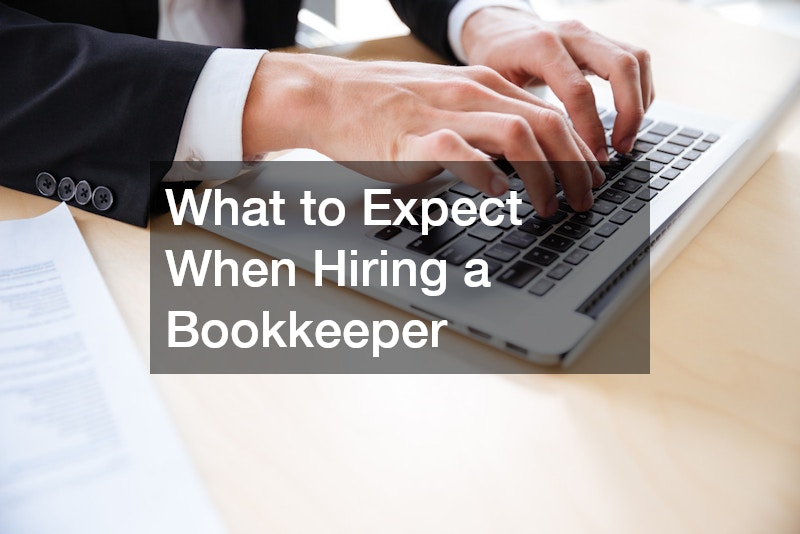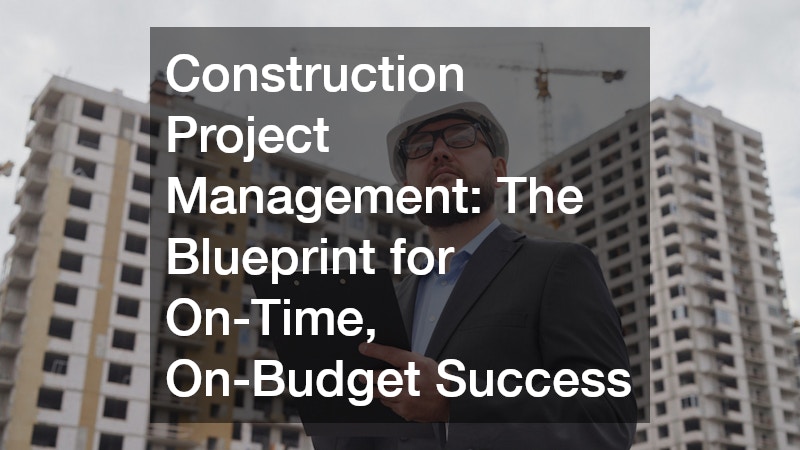- Draft a rental agreement that includes the terms and conditions of the contract, payment schedule, length of lease, and additional fees.
- Inspect the property regularly for any signs of damage, such as structural issues, water leaks, or mold buildup.
- Take prompt action to repair any issues with the property and perform a deep cleaning regularly.
- Consider hiring a professional property manager to handle legal issues, lease negotiations, and rent collection.
If you own a commercial space—an office building, a retail store, or a warehouse—you know how important it is to keep tabs on your tenants. After all, you want to ensure that your tenants pay their rent on time and take care of the property. But managing a commercial space for rent can be difficult. Here are some tips to help you get started.
Create a Rental Agreement
The most important thing you can do when managing your commercial space for rent is to create an airtight rental agreement. This document should include information about the tenant’s responsibilities and rights, payment schedule, and other details about the property.
It should also spell out any rules or regulations tenants must follow to remain in good standing with the property owner. This agreement will ensure that both parties understand their obligations and protect you from potential disputes. Here are ways to create a rental agreement:
Drafting the Agreement
Drafting an agreement should include all relevant information regarding renting your commercial space. This includes the terms and conditions of the contract, payment schedule, length of lease, and any additional fees or deposits required to secure the property. Be sure to include a clause allowing you to terminate the agreement if necessary.
Details of the Lease
Your lease should also include details about the property, such as its size and features. Describe any restrictions of renting your commercial space, such as quiet hours or no-smoking policies. Ensure you include an emergency contact number in case of problems or repairs on the property.
Professional Review
Once you’ve drafted your agreement, having an attorney or other professional review the document is a good idea. This way, you can be sure that the agreement is legally sound and protect yourself from potential disputes with tenants.

Keep On Top of Maintenance Issues
It’s also important to stay on top of any maintenance issues that arise with the property. Commercial properties are more likely to experience wear and tear than residential properties.
To ensure that your commercial space looks its best, here are things you can do:
Check for Damage Regularly
Be sure to inspect your property regularly for any signs of damage. This will help you identify potential problems before they become major issues. These issues include structural damage, water leaks, mold or mildew buildup, and more. These problems could result in major repairs or worse when not dealt with promptly.
Handle Repairs Quickly
When it comes to repairs, you should always respond promptly and efficiently. Doing so will show your tenants that you care about the property and are willing to address any issues they may have. This will also help keep them coming back to rent from you in the future.
Perform Regular Cleaning
Not only should you have regular inspections of the property, but you should perform routine cleaning as well. Nothing beats a top-to-bottom deep clean to ensure your property looks its best. This includes regularly vacuuming carpets and mopping floors to keep the commercial space looking its best. This will also help ensure that the space remains safe and hygienic for tenants.
Hire a Commercial Property Manager
If managing your commercial space for rent becomes too much, consider hiring a commercial property management company. A professional property manager can handle all the commercial space tasks. Here are the tasks and responsibilities that a property manager can handle:
Collect Rent On Time
A property manager can help ensure that the rent is collected on time and that any late payments are immediately addressed. They will also be able to keep track of maintenance issues and repairs and the upkeep of the property.

Handle Legal Issues
Property managers also know landlord-tenant law, which is important in commercial spaces. They will be able to help you with any potential legal issues that may arise, such as rental disputes or evictions.
Lease Negotiations
Property managers can also help with lease negotiations between you and the tenant. They will be able to review the rental agreement, explain any issues or changes, and ensure that both parties agree. They know the local market and can help you get the best deal possible.
Keeping a commercial space for rent can be challenging. Still, with the right management practices in place, it can be an incredibly rewarding experience. With these tips, you can manage your commercial space for rent efficiently and effectively.










